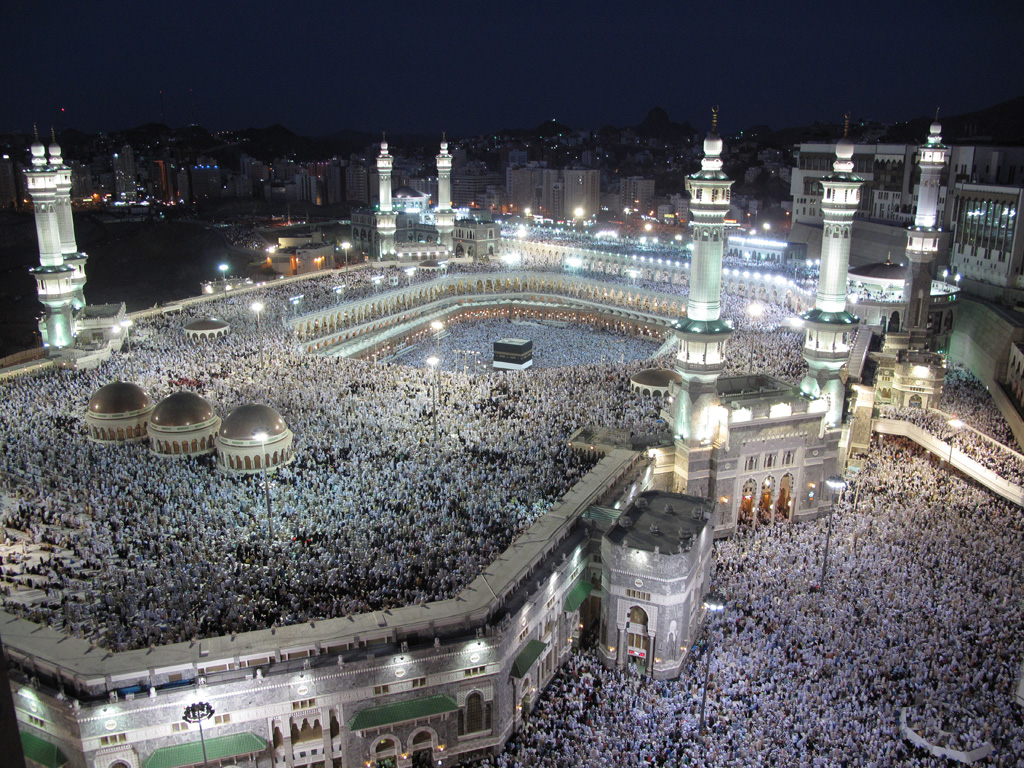Eid-ul-Adha

“Ramadan” is a word that is getting recognition among non-Muslims more than ever before. Most of them know that Ramadan is a holy month in the religion of Islam which ends with a big celebration known as Eid-ul-Fitr. Sometimes Eid is compared to Christmas and Hanukkah to express the importance of the holiday in their respective religions. However, the majority still don’t know that there is a second Eid called Eid-ul-Adha, which falls a month and half right after Eid-ul-Fitr.
Eid-ul- Fitr is known as the Eid of sweets, and Eid-ul-Adha is known as the Eid of sacrifice. The sacrifice which was made by Prophet Abraham (peace be on him) who was willing to sacrifice his own son in the way of God but rather was commanded by Him to sacrifice a lamb. This ritual is commemorated by Muslims every year at Eid-ul-Adha.
The Qur’an states, “And when he (Ishmael) was old enough to run along with him (Abraham), he said, ‘O my dear son, I have seen in a dream that I offer thee in sacrifice. So consider what thou thinkest of it!’ He replied, ‘O my father, do as thou art commanded; thou wilt find me, if God please, steadfast in my faith.’
“And when they both submitted to the Will of God, and Abraham had thrown him down on his forehead, We called to him, ‘O Abraham, thou hast indeed fulfilled the dream. Thus indeed do We reward those who do good’” (37:103-106).
Prophet Abraham is recognized and followed by Jews, Christians, and Muslims. Eid-ul-Adha marks the end of Hajj, the pilgrimage to Mecca, Saudi Arabia. This is the location of the Ka’abba, the first house of God constructed by Adam and rebuilt by Abraham. On the last day of the pilgrimage Muslims are to commemorate the Abrahamic sacrifice by sacrificing an animal, such as a goat or a lamb, and distributing its meat to the poor, neighbors, and relatives, hence, creating a tradition of opening our hearts and kitchens to relatives, neighbors, and poor.
In this day and age, we are living in the U.S.A., which is a privileged nation among the rest of the world. We are blessed with everything especially food. However, there are still people among us who cannot afford a simple meal. This Eid-ul-Adha is a festival of sharing. It teaches us how to help out in ways that can change a person’s day.
This year the Eid fell on the weekend of August 10 and 11. We celebrated this sacrifice of Prophet Abraham and his son, and we use it as a reminder to open our hearts and kitchens to the needy, neighbors and our relatives.
Happy Eid to all our brethren!



